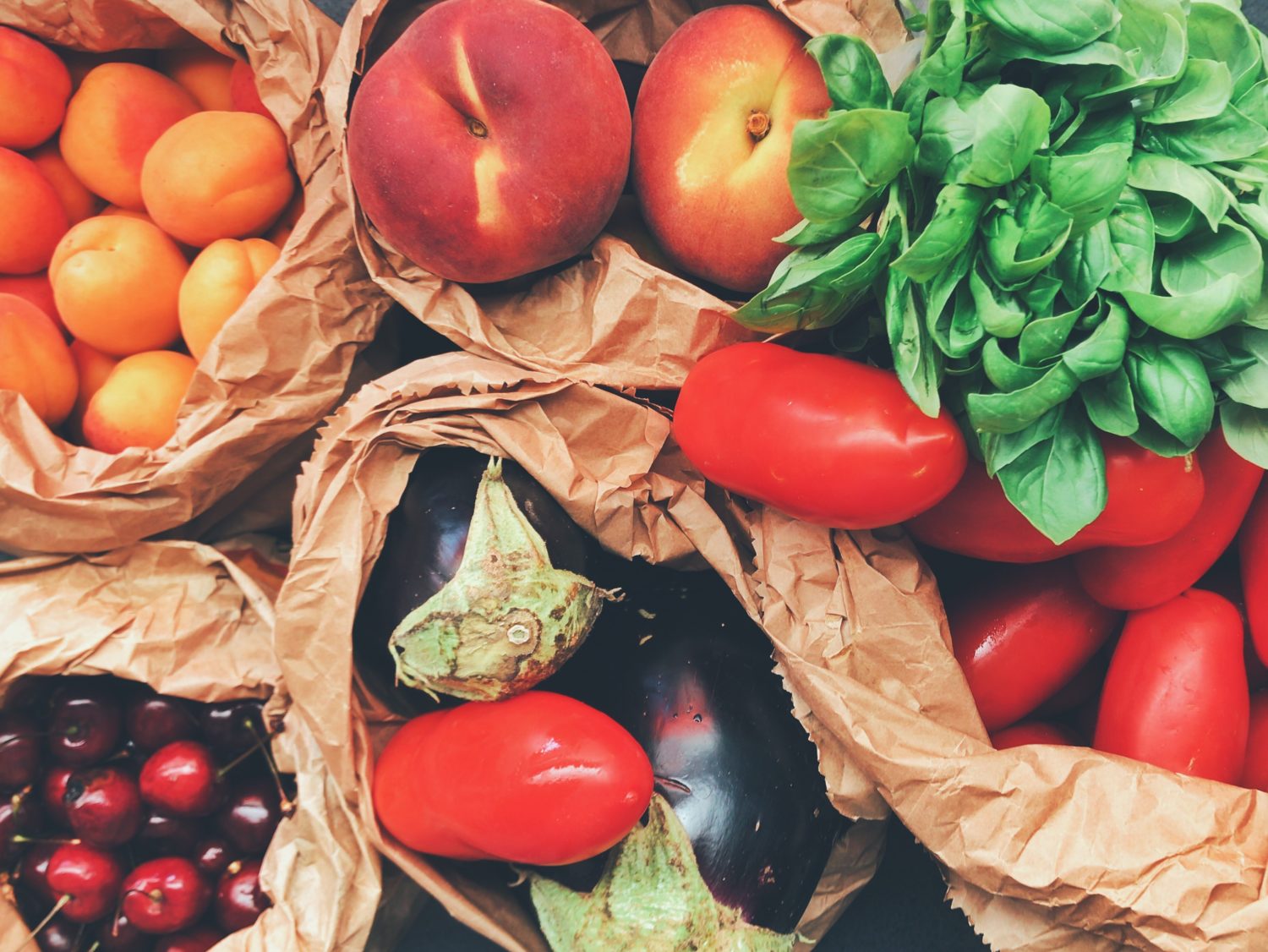
Most of the decisions we make affect the planet in one way or the other. The average person in America produces 4.4 pounds of trash every day. If you do not make the decision to cut down on the amount of waste produced in your household, you may be harming the planet. Even the smallest changes can have lasting results.
Compost
About 25 percent of the waste that goes into your trash can be composted in your backyard. This includes vegetable and fruit peelings, coffee grounds, leaves, grass clippings, and egg shells.
Even though composting is a lot of work, it is worth the effort. You get lots of returns on your time and effort investment. You may need to compost your waste for three to 12 months depending on the specific conditions. After that, you can use the compost in your garden. According to the team at https://www.trvst.world/, it saves you money on fertilizers and your yields will improve significantly. Since the organic matter acts as a sponge, you won’t have to water your plants very often.
Recycling and Reusing
Even though recycling has been a ‘buzz word’ for a long time, many people still don’t understand what it entails. Don’t let the symbols and rules confuse you. A little research will help you understand recycling and you can minimize the waste from your household in no time.
Reusing packages in your home is a great idea. However, it is not always possible. Recycling is the next viable option. It ensures that you don’t have a lot of waste going to landfills. Where possible, use reusable bags every time you go shopping. Do not rely on the plastic bags from grocery stores or supermarkets. Having a few cloth bags in your car or next to your door ensures that you always have one when you go shopping.
Avoid Plastic Water Bottles and Disposable Plates
Even though they may be convenient, disposable plates and plastic water bottles add to your household waste. Washing dishes may seem like the worst thing but it is a lot better than damaging the planet you live on. If you have been resorting to paper plates every time you cook, ditch them and get your hands dirty.
Instead of plastic water bottles, invest in durable options. Today, you can find cute bottles made from different materials. You get to hydrate at your convenience without being wasteful.
Reduce Your Use of Receipts, and Mail
In the modern world, many companies are happy to offer your bill via email instead of paper. In some instances, you may receive incentives for email bills and receipts. They are much harder to lose than paper receipts and you get to reduce waste from your household.
Consider getting a digital subscription for your favorite paper. That way, you can access it on your computer or tablet and you don’t need to worry about wastage. In most instances, digital subscriptions are cheaper than hard copy magazines.
If you receive unwanted circulars from your local grocery store, ask your mail carrier to stop bringing it to your home.
Don’t Buy Single-Use Drink and Food Utensils
Where possible, avoid buying single-use food or drink utensils. They include disposable straws, napkins, and single-use coffee cups. They are wasteful and in some instances, you may receive a discount for bringing your own mug or utensils. Try to have a cup, bowl, plate, and silverware whenever you buy takeout. You can wash and reuse your utensils for a long time. Consider switching your plastic straws for reusable metal straws.
Changing the way you buy things may be all you need to reduce your household waste. Check the labels of utensils and ensure that you aren’t buying anything you can’t use twice.
Minimize Food Wastage
According to the United States Environmental Protection Agency. The biggest component of landfills is food. Therefore, cutting down on your food wastage will translate to less wastage in general. If you plan on reducing your household waste, it would be wise to start by reducing your food wastage.
The simplest way to minimize food wastage is by planning. Ensure that you have a list of the things you need and do not shop for more. Keep inventory of the food in your fridge and store your leftovers properly.
Use food scraps to feed animals or make compost instead of throwing them away. Your trash hauler may be happy to take your food scraps for recycling.
In conclusion, the average American may send more than 1,000 pounds of waste to landfills every year. While many people do not think of it as a problem, incinerators and landfills are bad for the environment. They emit toxic gases, destroying the environment and animal habitats. These gases may be bad for your health.
If you wish to do your part in saving the problem, it would be wise to start by reducing your household waste. While it may not seem like much, it is the first step towards a healthier and safer world.







